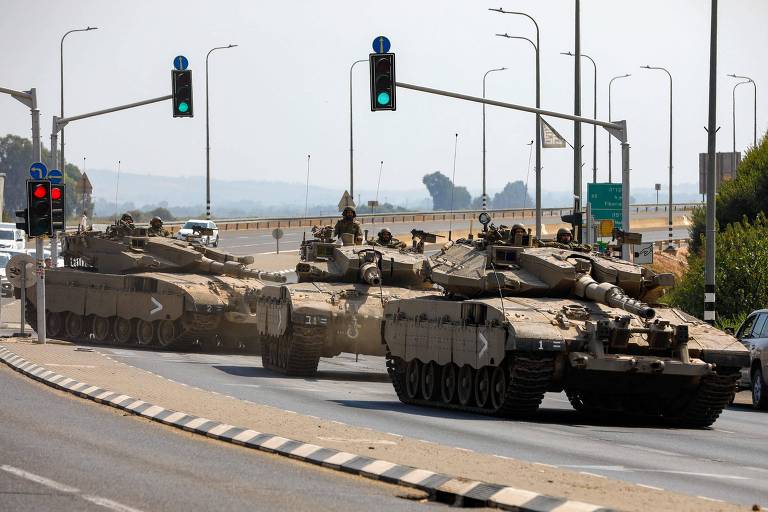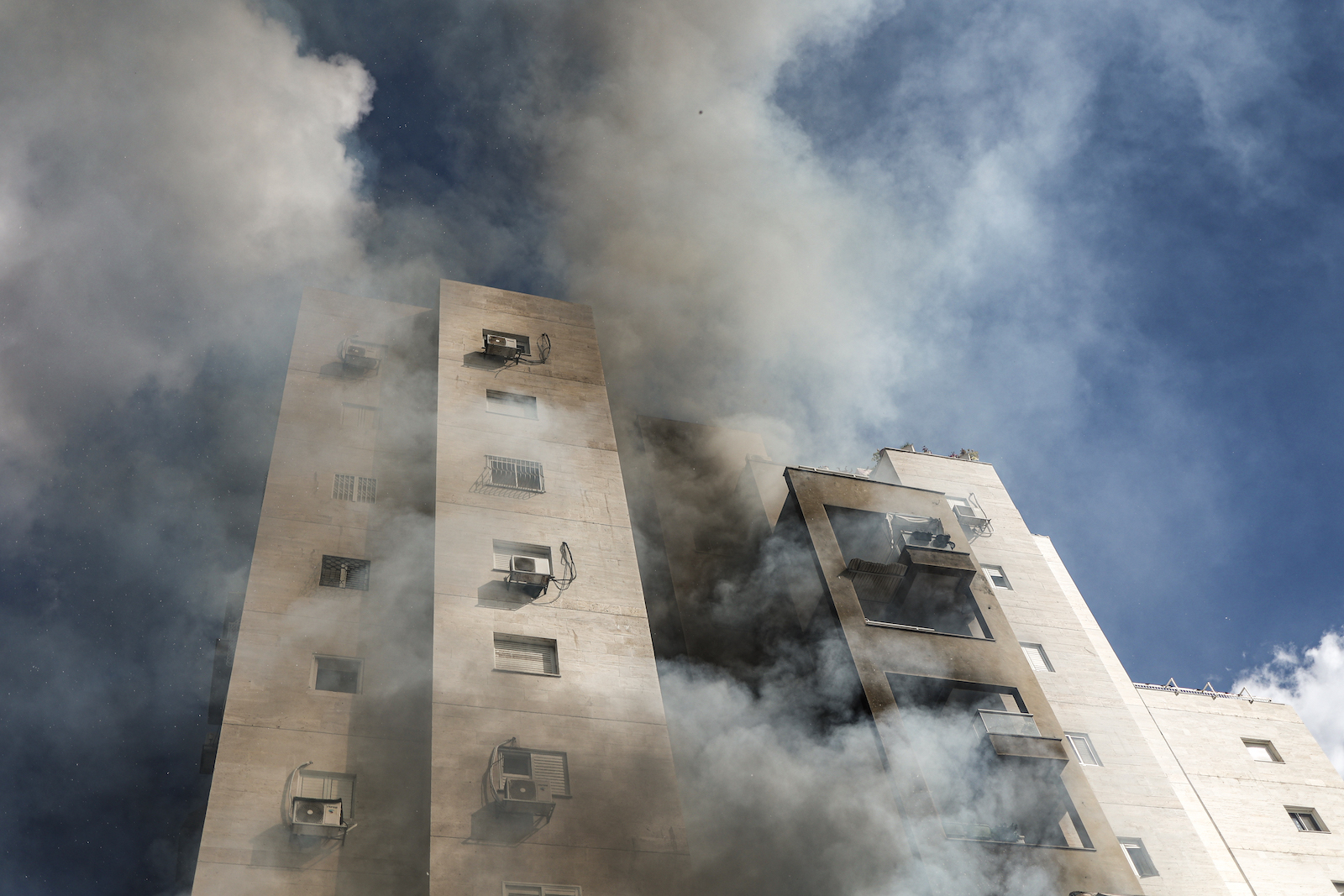
In the Jewish legend, the great warrior Samson ends up, as John
Milton famously puts it, “eyeless in Gaza.” He is blinded by the
Philistines and harnessed to a huge millstone, forced to drag himself
around and around in circles, always moving but unable to go anywhere.
Eventually, in the most spectacular of suicides, he gets his revenge by
pulling down their temple on top of the Philistines, killing both them
and himself. The story is apparently supposed to be heroic, but it feels
more like a fable of vicious futility. Cruelty begets cruelty until
there is nothing left but mutual destruction.
In the Book of
Judges, where we find the Samson story, God has delivered the children
of Israel into subjugation by their enemies as punishment because they
“did that which was evil in the sight of the Lord.” As it happens,
Hamas’s forebears, the Muslim Brotherhood, held the same belief. The
Harvard scholar of the Middle East Sara Roy tells us that, after
Israel’s victory in the war of 1967, “the Brethren in Gaza especially
remained convinced that the loss of Palestine was God’s punishment for
neglecting Islam.” It seems that God has a peculiar way of chastising
his various chosen peoples in Israel and Palestine: by inflicting them
on each other. With millenarian religious believers in power on both
sides of the Gaza wall, it seems that this blood-dimmed vision is again
being played out as reality.
The Hamas incursion, in which more
people died violently in Israel in a single day than ever before in the
turbulent history of the state, is frightful. Even in the present state
of the world, the murder, wounding, and kidnapping of so many
defenseless civilians is shocking in its depravity. Hamas’s knowing
provocation of Israel’s wrath against a Gazan population it cannot then
defend shows that it cares as little for its own civilians as it does
for the enemy’s. The dehumanization of the whole population of Gaza by
Israel’s defense minister, Yoav Gallant, who said that “we are fighting
against human animals,” and his explicit threat to deprive civilians of
food and electricity are also profoundly disturbing. Retaliation against
noncombatants has been established as Israel’s equal and opposite
reaction to Hamas’s crimes and it foreshadows horrors even greater than
the many hundreds of Gazans already killed by Israeli air strikes. Yet
none of this is truly surprising. Nothing justifies these assaults, but
when violence has become the only means of communication, everyone knows
that its language will be spoken—and not in whispers but in screams.
It is hard, from the outside, to understand how Israel
could have become so complacent about this inevitability. The country
has historically had a strange naiveté about Islamism. In 1986, a year
before Hamas was formed, Israel’s military governor of Gaza, General
Yitzhak Segev, acknowledged that “We extend some financial aid to
Islamic groups via mosques and religious schools in order to help create
a force that would stand against the leftist forces which support the
PLO.” Radical Islamism seemed a safer alternative to the more secular
Fatah movement. But any notion that jihadism was somehow going to be
nicer or more malleable than leftist Palestinian nationalism was surely
vaporized a long time ago. Even if global events this century had not
revealed the inherent murderousness of this strain of religious
zealotry, Israel should have known from the start that Hamas’s rejection
of the two-state solution supported by Fatah is rooted in the
conviction that Palestine itself is a god-given Islamic endowment. The
persistence in Israeli policy of the notion that Hamas is a useful force
because it divides Palestinians has always seemed a form of willful
blindness.
It might have made some sense had there been a
consistent strategy of encouraging Hamas to move away from militarism.
But democratic politics in Gaza and the West Bank collapsed after
January 2006, when Hamas won what international observers judged to be
fair and well-run elections for the Palestinian Legislative Council.
Exit polls suggested that the main concern of voters was to end the
flagrant corruption of Fatah’s rule. Yet both the US and Israel rejected
those election results and imposed financial and other sanctions
against the Palestinian National Authority. The message was clear:
Palestinians would be punished for voting for the wrong people. Hamas
would not be allowed to function as a democratic political party.
In
Northern Ireland, a successful peace process was built by drawing Sinn
Féin, the political wing of the extremely violent IRA, into democratic
politics. The US, having strongly encouraged this process in Ireland,
adopted the opposite strategy with Hamas. It was to be kept out of
politics and its voters in Gaza were to be similarly isolated by being
confined to the strip and kept in limbo. We will never know whether a
different strategy might have allowed Hamas to shed its jihadist skin,
but this brutal demonstration of the futility of electoral politics
surely closed off that possibility.
Instead of a political
process, Israel implicitly assumed that there can be such a thing as an
acceptable level of violence: sporadic rocket attacks from Gaza on
Israeli civilians followed by retaliatory incursions by Israel to
inflict a greater retribution, often also on Palestinian civilians. The
blockade became permanent as a fully institutionalized form of
containment. Israel came to believe that the problem of Hamas could be
literally walled off, penned behind concrete, and deflected by a
forcefield of human intelligence gathering and electronic surveillance.
Hence the stunned incredulity at the scale and effectiveness of
Saturday’s assault.
Yet was it ever likely that keeping 2.3
million people in a state of suspended animation would make Israel safe?
The idea seemed to be that the Gazans would learn from bitter
experience that every suffering they inflicted on Israelis would be
returned to them tenfold, and they would, as a result, be pacified. But
that calculation depended on the notion that the ordinary inhabitants of
Gaza have political agency, that they can in effect tell Hamas what to
do or not to do. The problem is that it makes little sense to rely on
the agency of people who have been rendered politically powerless. It’s
impossible to tell people that their votes don’t count, force them to
live in a state of humiliation and impotence, and then expect them to
assert themselves collectively against a well-funded and deeply rooted
jihadist movement that promises them both patriotic pride and religious
redemption.
To understand why many Gazans could cheer on hideous
atrocities against Israeli civilians, we have to remember what so many
other asymmetric conflicts have taught us: absolute powerlessness
corrupts absolutely. Strip away the capacity to make decisions and you
also disable the faculty of moral responsibility. What Israelis
experienced on October 7 was the terror of statelessness. Their
extremist government, convinced that Israel was so safe that it could
afford to turn its violence inward, against its own liberal infidels,
had effectively abandoned them. They were back, for a terrible moment,
in the world of European pogroms, where there was no state to defend
them against the depredations of the mobs. It is easy to understand how
sickeningly disorienting that would be for anyone, let alone for Jews
for whom that dread is lodged in the very marrow of their bones. It is
less easy for those who are still reeling from this nausea to reflect
that this is what statelessness feels like for Palestinians too.
There
is no doubt that Israel can, if it chooses, level Gaza city, kill many
thousands of its inhabitants, and hunt down Hamas militants. It can, and
presumably will, enact a biblical revenge. It may even believe that
this time, if the punishment is sufficiently severe, the Gazans will
learn a lesson they will never forget. But what lessons do people
actually learn from the cruelties they applaud and the ones they suffer
in return? Almost always, only that violence is the way of the world.
For some, the wars become holy; for most they become just grimly
unavoidable. Until there is a political settlement, atrocity will have
its dominion. Samson will still be there, eyeless in Gaza, turning the
terrible millstone that grinds lives to dust.
THE NEW YORK REVIEW OF BOOKS




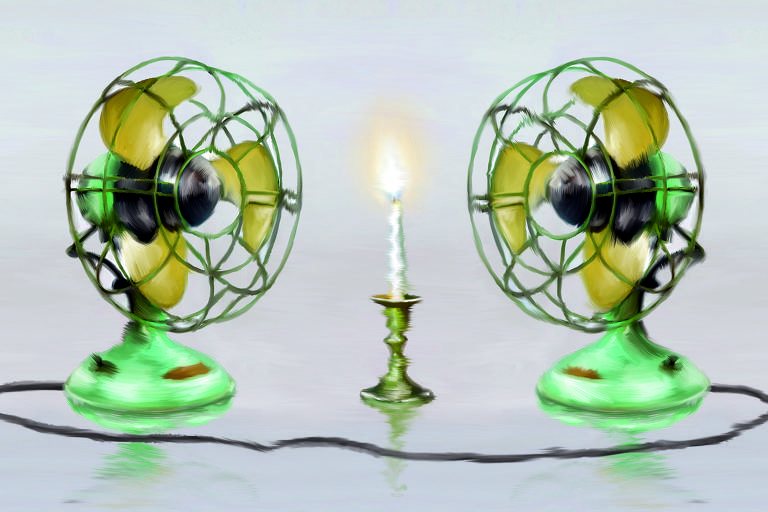
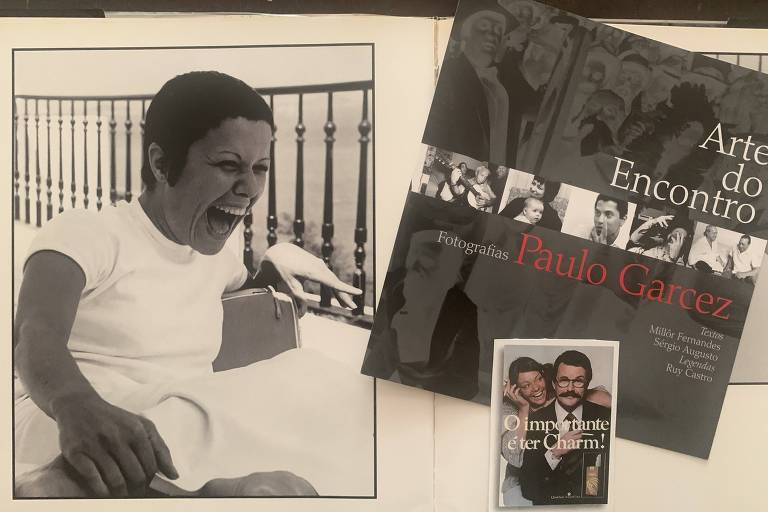


















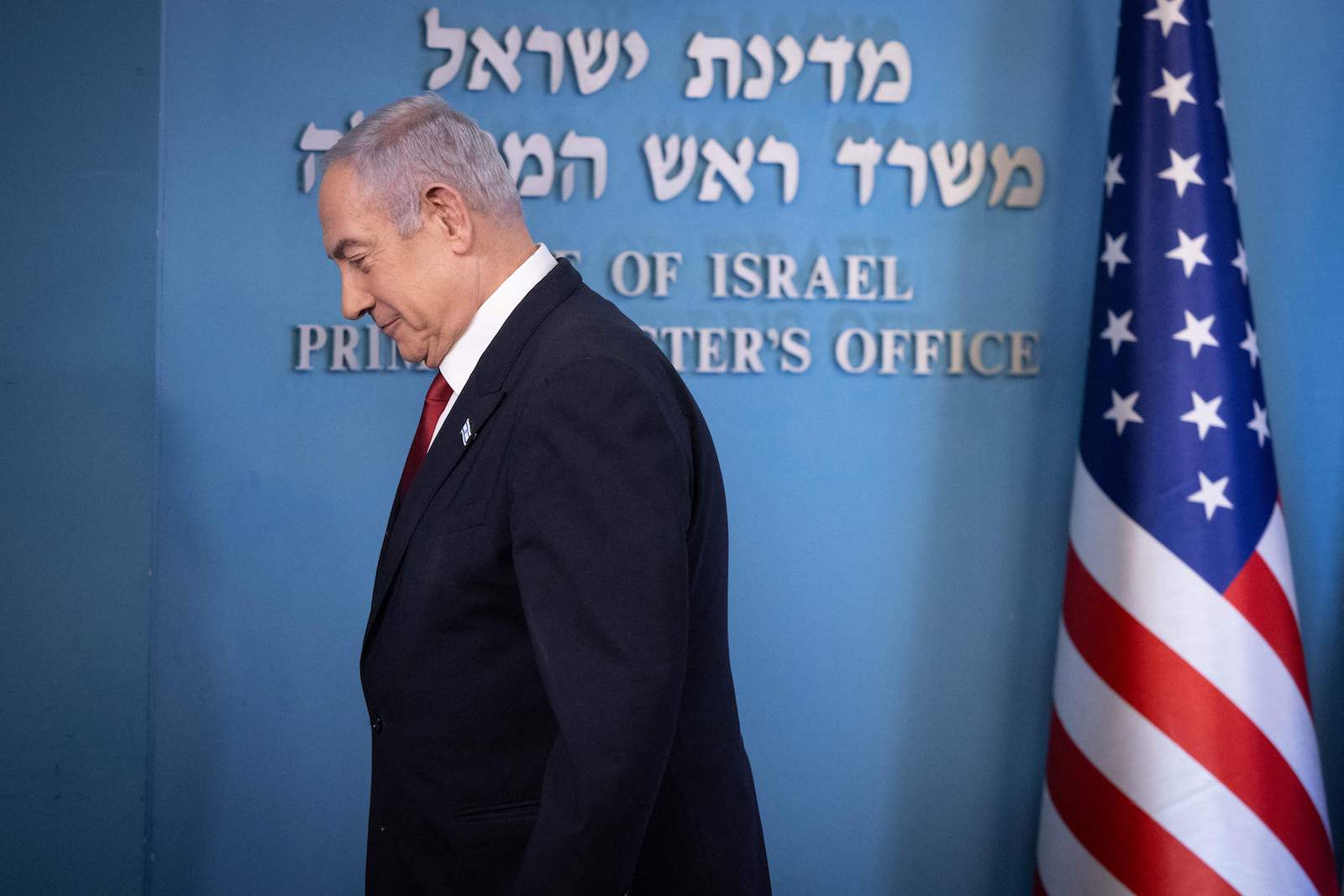

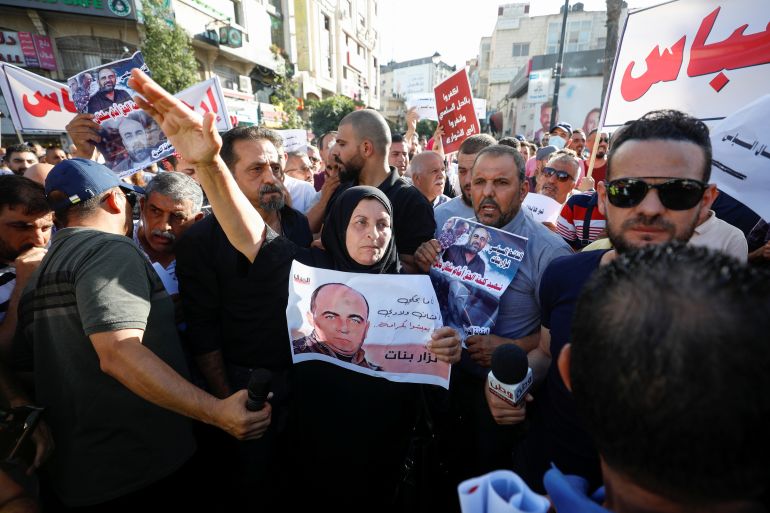








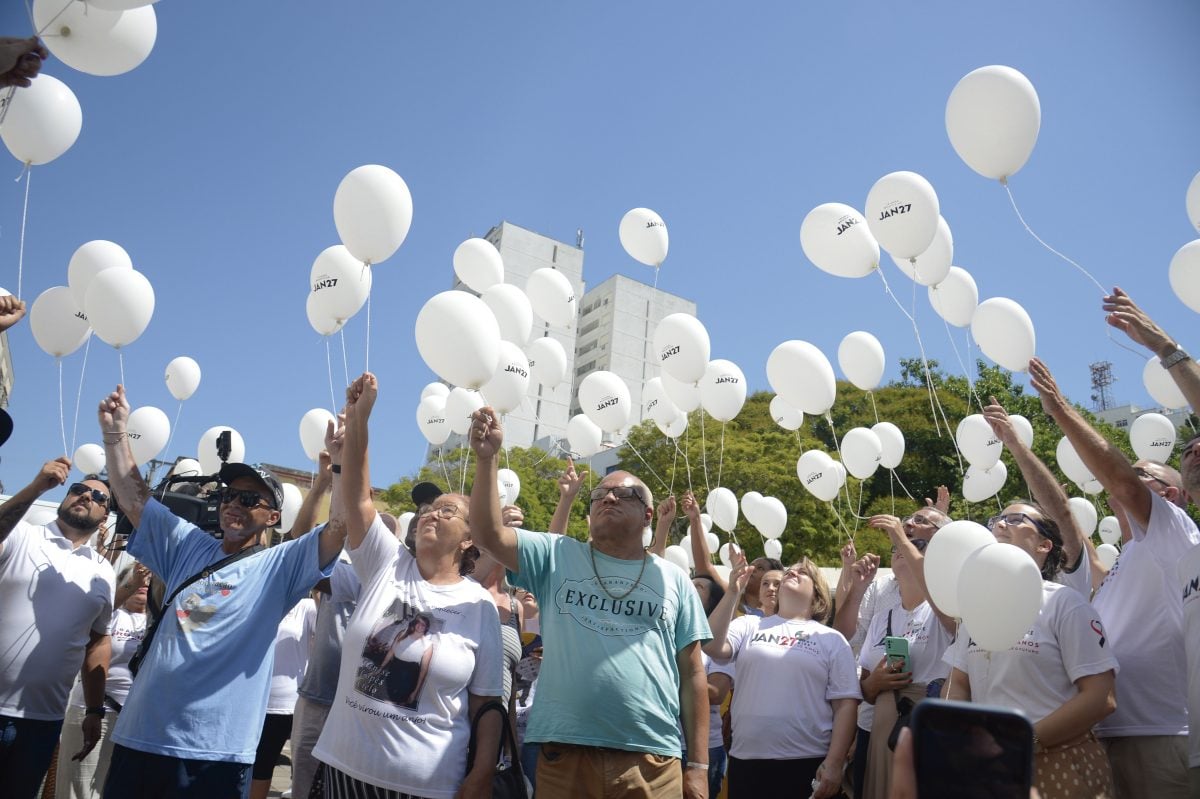

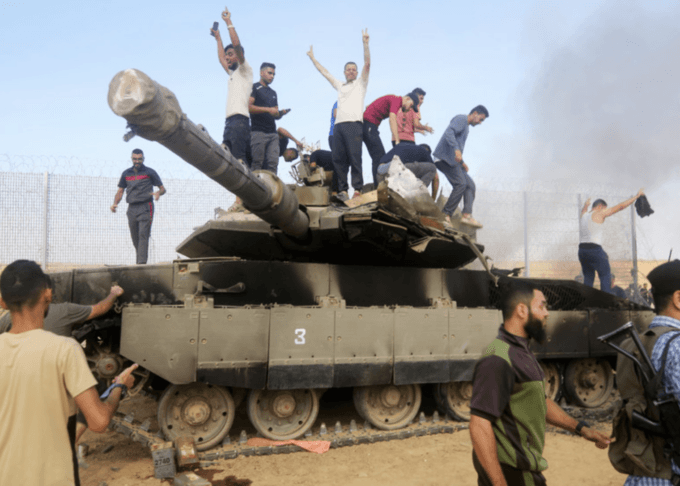





/i.s3.glbimg.com/v1/AUTH_da025474c0c44edd99332dddb09cabe8/internal_photos/bs/2023/o/C/t6Ay19TMGofsBAh9WiJA/104581316-pa-rio-de-janeiro-rj-06102023-panair-do-brasil-ingrid-fricke-83-anos-foi-comissaria.jpg)

